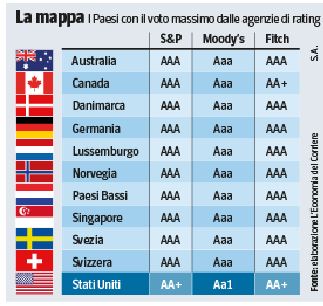Night enuresis, one of ten children suffers from it: the consequences are also psychological

The treatment options vary from behavioral techniques and parents education to drug interventions and give excellent results. Yet, even today, many small ones are not treated
More than 7% of children and teenagers in the world wet the bed at night. THE’enuresis night, especially in the spannolment period, is a common phenomenon: Often it can be attributed to an immaturity of the baby, who is unable to perceive and wake up when the bladder is full, to go to the bathroom. It is defined by the DSM-5 as The involuntary loss of urine during sleep in children of age or over five years and is diagnosed when the episodes occur At least twice a month And they are not attributable to a medical condition or to the effects of substances. It must never be taken lightly Although for many it is simply a step of growth and for others the manifestation of an easily overcome discomfort.
The review of 128 studies
The global photograph of these night accidents is due to an important scientific revision out of 128 studies (which includes a sample of over 445 thousand individuals in 39 countries) signed by Molalign Aligaz Adisu, pediatrician of the College of Health Sciences of the University of Woldia in Ethiopia, and its team. On a global level, the prevalence of night ensence varies considerably, influenced by factors such as age, sex and cultural background. About 10-20% of 5-year-old children suffer from it, with falling rates as children grow up. Within adolescence, the prevalence drops significantly to 1-3%. But who are the most affected children? The study identifies some risk factors, such as positive family anamnesis, urinary tract infections, death of a parentbut also sex, because boys are more likely to be affected than girls, especially in the younger age groups.
Many children are not treated
Wetting the bed at night is a discomfort that is implemented differently based on culture: In some areas of the world it is considered a normal part of childhood, while in others it can lead to social blame. Cultural background is important because it can influence the will of families to seek medical assistance. The treatment options vary widely, ranging from behavioral and parents’ education techniques to pharmacological interventionsand give excellent results. Still, many children are not treated. Indeed, the night enuresis turns into a hidden problem of public health which, on the other hand, deserves greater attention from health, educators and companies as a whole.
An important emotional discomfort
The consequences of the night ensence go beyond physical symptoms. Children can, in fact, accuse An important emotional discomfort, which leads to low self -esteem and social isolation. Parents often report feelings of frustration and helplessness, which can put a strain on family dynamics. Furthermore, The stigma associated with the problem can result in bullyingfurther exacerbating the psychological impact on affected children.
Implement routine screening
With the growing awareness of mental health problems, it is fundamental recognize the emotional and social branches of the night ensence and face them with the medical tools available today. For this reason, « health workers are recommended to implement A routine screening for the night enuresisin particular for children with risk factors known as family anamnesis and urinary tract infections, and priorities should be given to the development of targeted interventions and support mechanismsconsidering the significant impacts of these factors between children and adolescents », recommends Molalign Aligaz Adisu.







/s3/static.nrc.nl/images/gn4/stripped/data133727122-75f5ed.jpg|https://images.nrc.nl/SX5e0xkbzDjfCe9xugbcf1clf9o=/1920x/filters:no_upscale()/s3/static.nrc.nl/images/gn4/stripped/data133727122-75f5ed.jpg|https://images.nrc.nl/8yGUNLEN1pcnIkvcBnZeifTROls=/5760x/filters:no_upscale()/s3/static.nrc.nl/images/gn4/stripped/data133727122-75f5ed.jpg)
